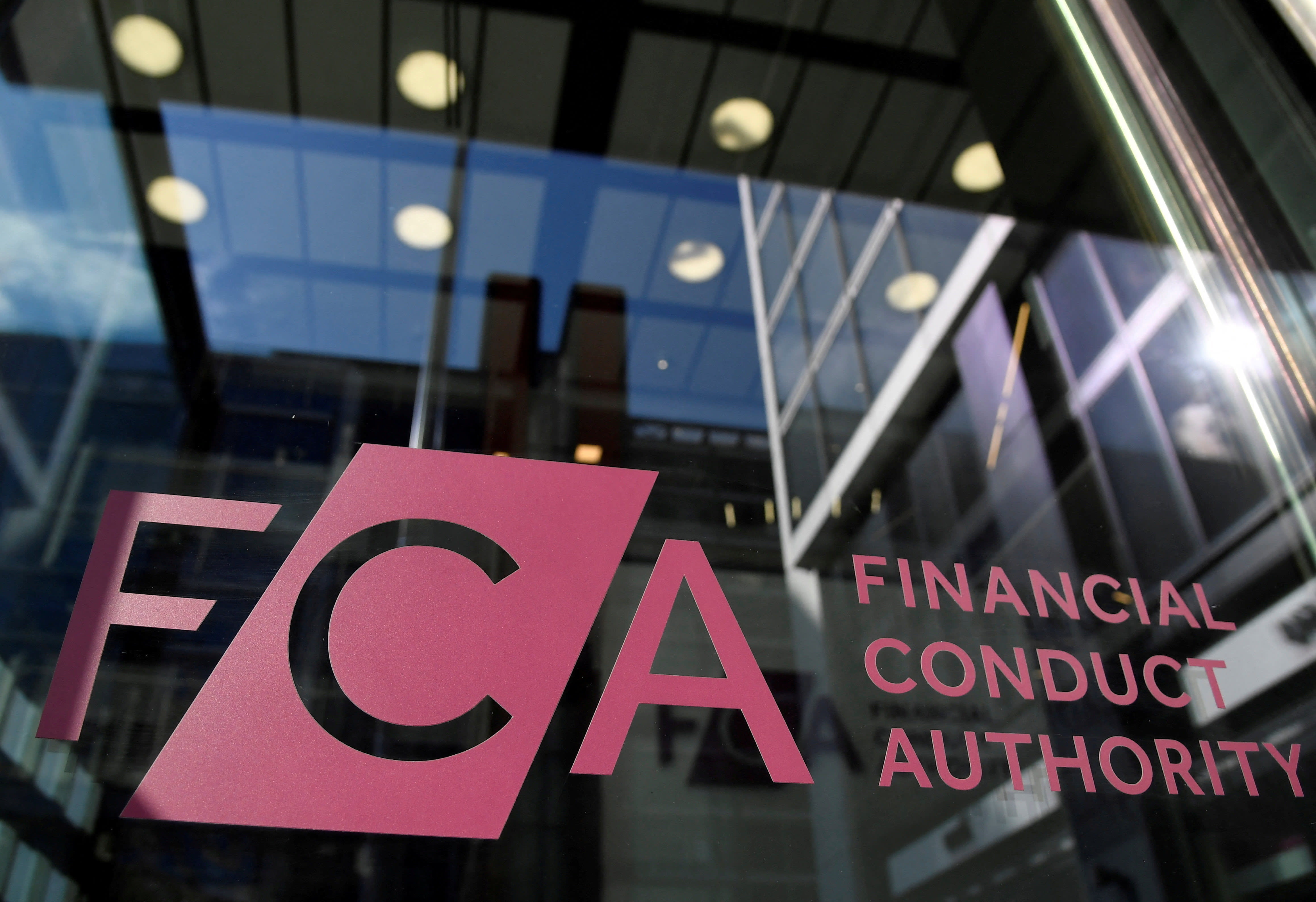
Saving for children is a long-term investment but is it worth saving into a specific product or into a general investment account?
According to Tim Healy, executive director and education sector expert for Quilter Cheviot, "having efficient investments in place can be very helpful when it comes to building a fees pot".
He comments that investing in gilts could be tax efficient - as any capital gain is tax exempt. But with the current 10-year yield on a gilt at 0.74 per cent (according to Bloomberg, as at 4/10/2016), investors may prefer to buy something with a little more bang for their buck.
Mr Healy adds: "Another strategy to consider is investing in funds. The UK equity market is currently expected to yield roughly 4 per cent for the current year.
"When compared against the very low interest rates offered by banks at present, stock market investment clearly leads the pack in terms of value."
So what sort of stock market investment wrapper makes the most sense? An Isa? A Junior Isa (Jisa)? Specific child-oriented savings plans?
Normal Isas
The average Isa is a good savings tool, says Mr Healy, especially as the limits are set to rise up to £20,000 a year in 2017.
He says: "The tax-free advantages of an Isa make it an ideal choice for parents planning and saving to pay for private schooling.
"If both parents use their full Isa annual allowance, in eight years a family could have a tax-free investment pot of about £300,000, which can be used as a tax-free supplement to existing income when a family starts paying school fees, or it can simply be drawn upon to pay the school fees."
However, as Rob McMurrich, head of investment and pensions at Roxburgh Financial Management comments, "The main restriction is what you can put away each year, but for most this won't be an issue as there is seldom significant capital to set aside for the long-term."
Junior Isas
Charlotte Nelson, press officer for Moneyfacts, says one of the most appropriate ways to save for your children is a Junior Isa as not only is this tax efficient but also this could encourage the savings habit from a very young age.
She comments: "Jisas are similar to the adult Isa as the child savers do not incur tax on the interest, with the benefit of anyone being able to put money into the pot up to a maximum of £4,080."
| Provider | Account | Gross | Intro Bonus | Transfers In | Min Investment | Rate Type |
| Coventry BS | Junior Cash ISA (1) | 3.25% | No | Yes | £1 | Variable Rate |
| Nationwide BS | Smart Junior ISA | 3.00% | No | Yes | £1 | Variable Rate |
| Halifax | Junior Cash ISA | 3.00% | No | Yes | £1 | Variable Rate |
| TSB | Junior Cash ISA | 3.00% | No | Yes | £1 | Variable Rate |
| Tesco Bank | Junior Cash ISA | 3.00% | No | Yes | £1 | Variable Rate |
Mr McMurrich comments there is a concern over the lack of "control" as when the child hits 18, the control passes to the child, regardless of "their attitude to money at such a time."
As money held in a Jisa cannot be accessed until the child turns 18, Jason Hollands, managing director of communications for TilneyBestinvest, comments that Jisas are not so helpful for school fees.





